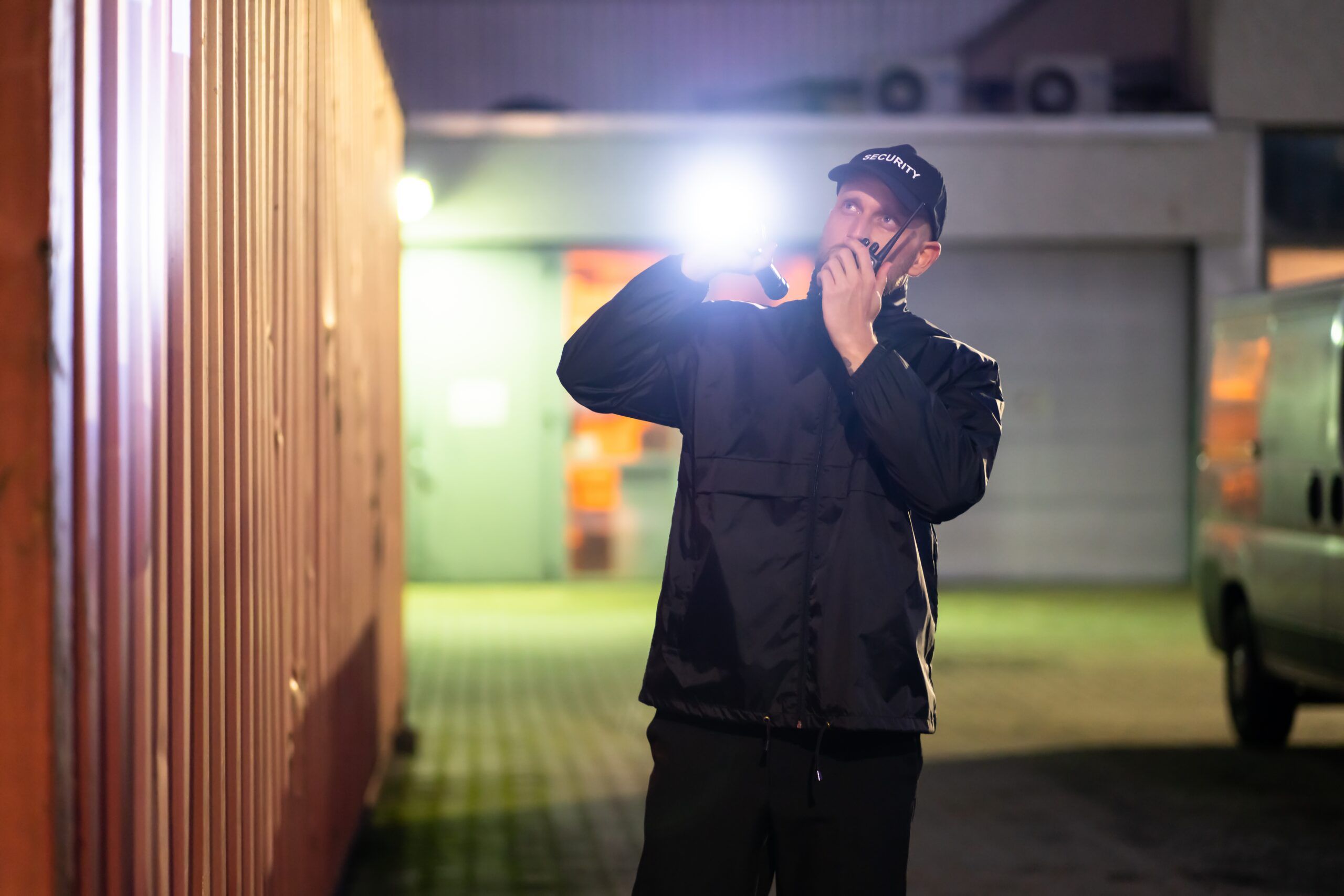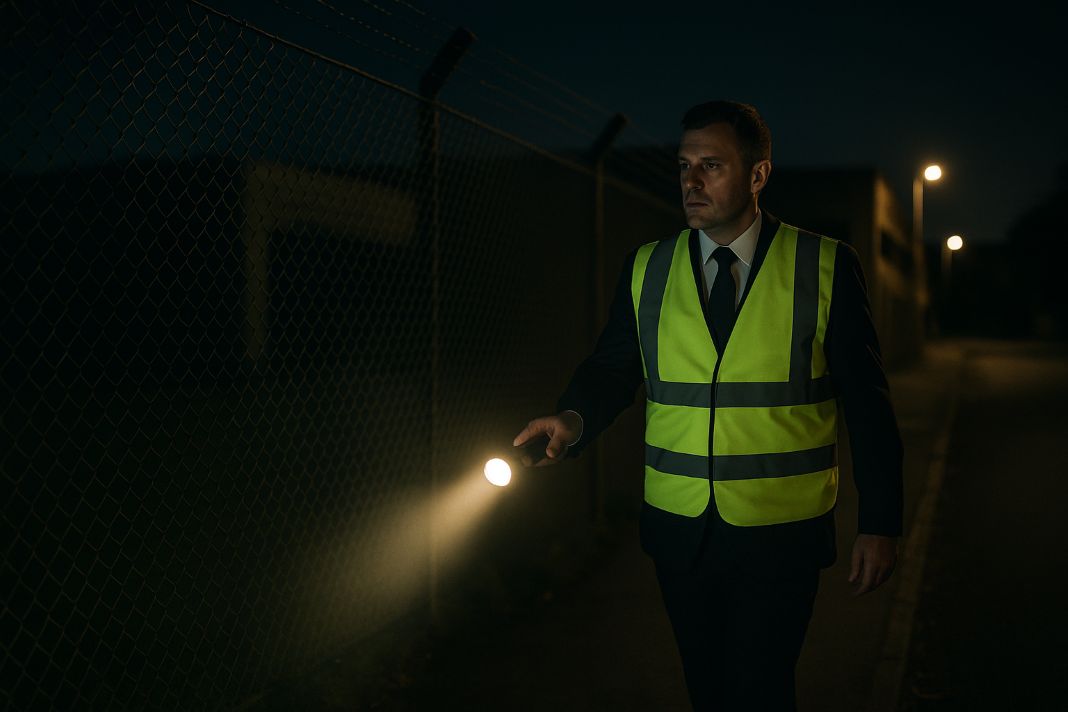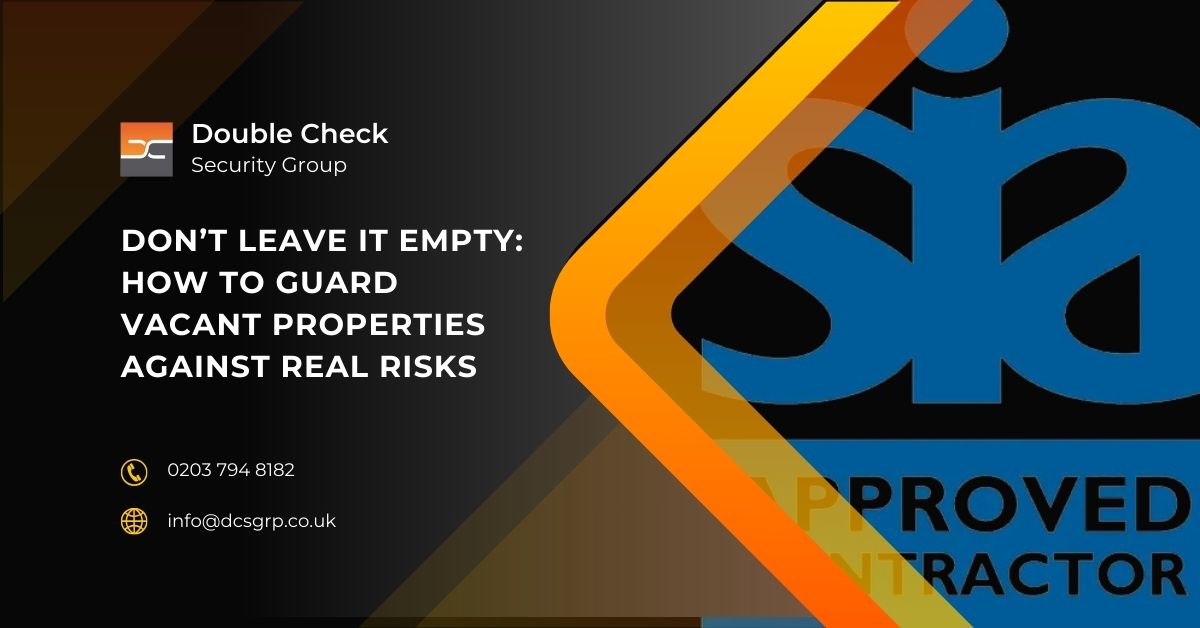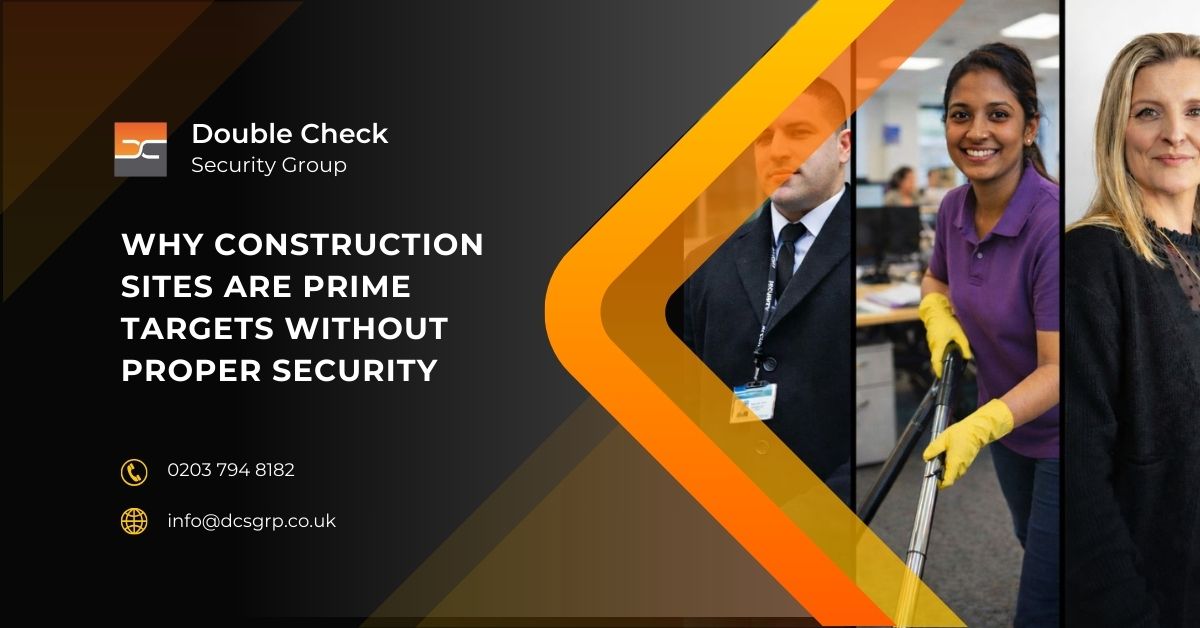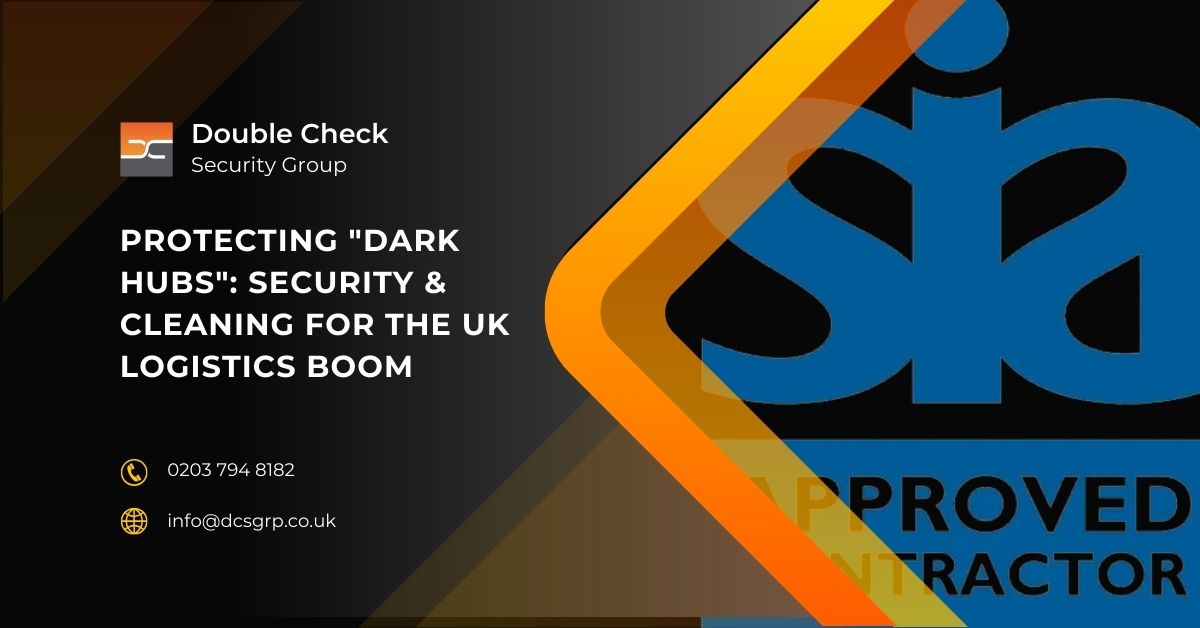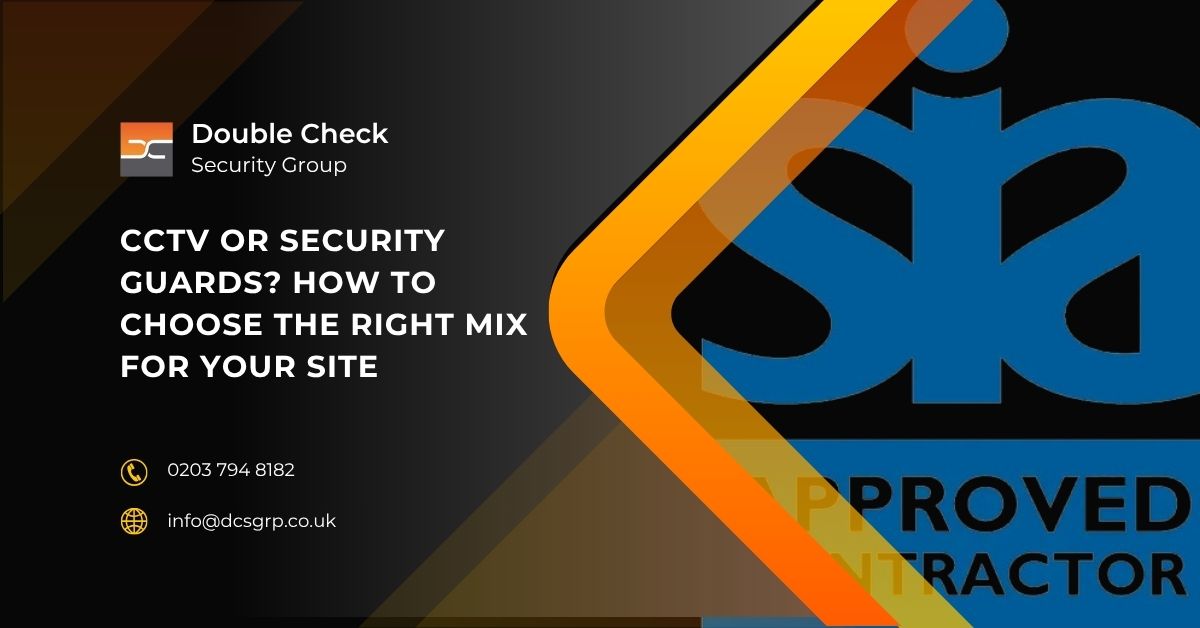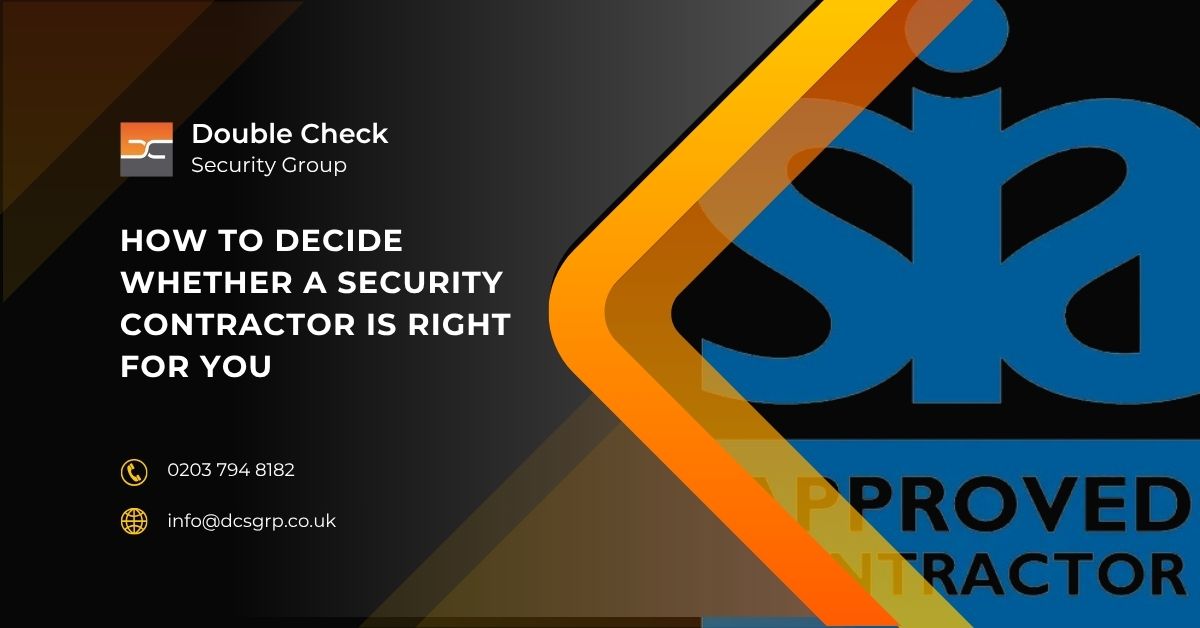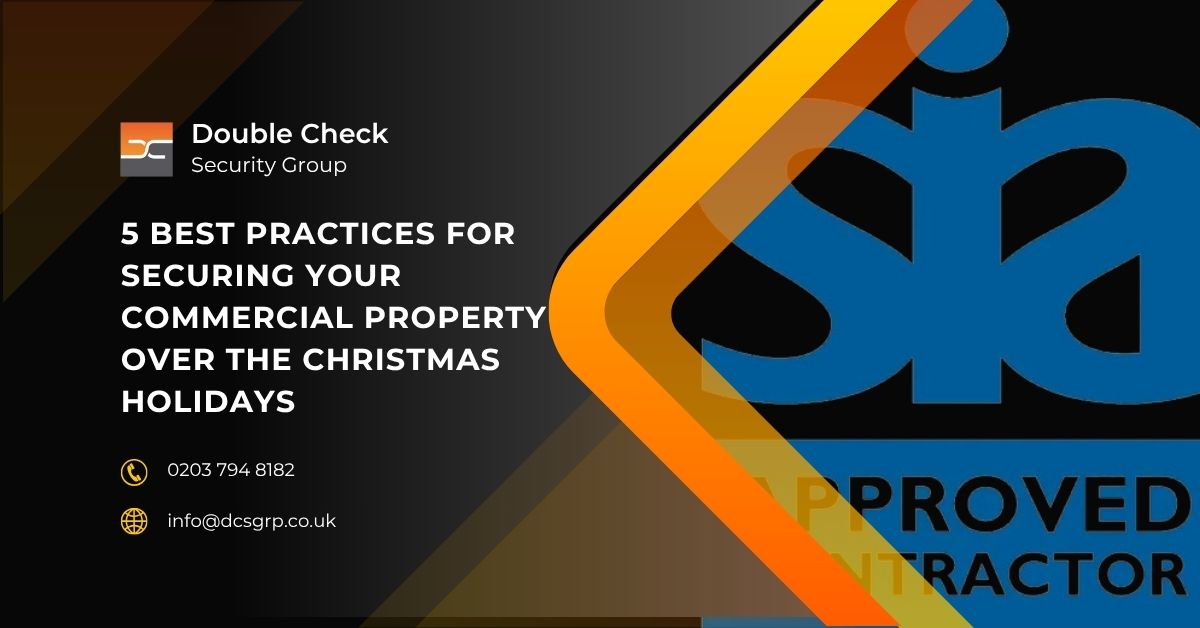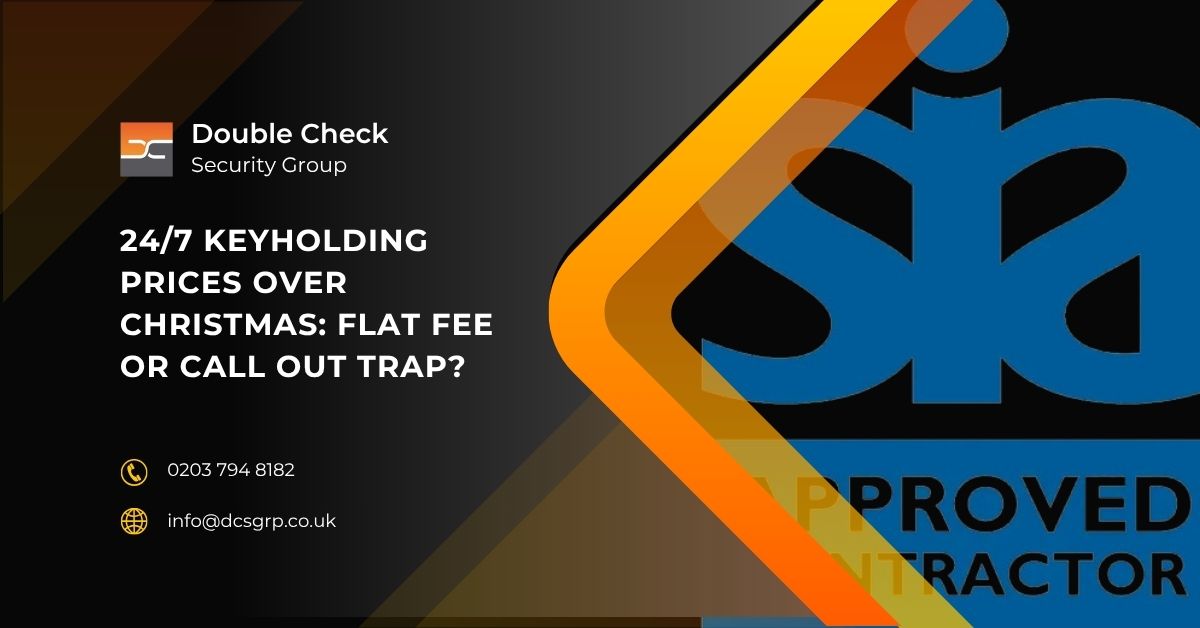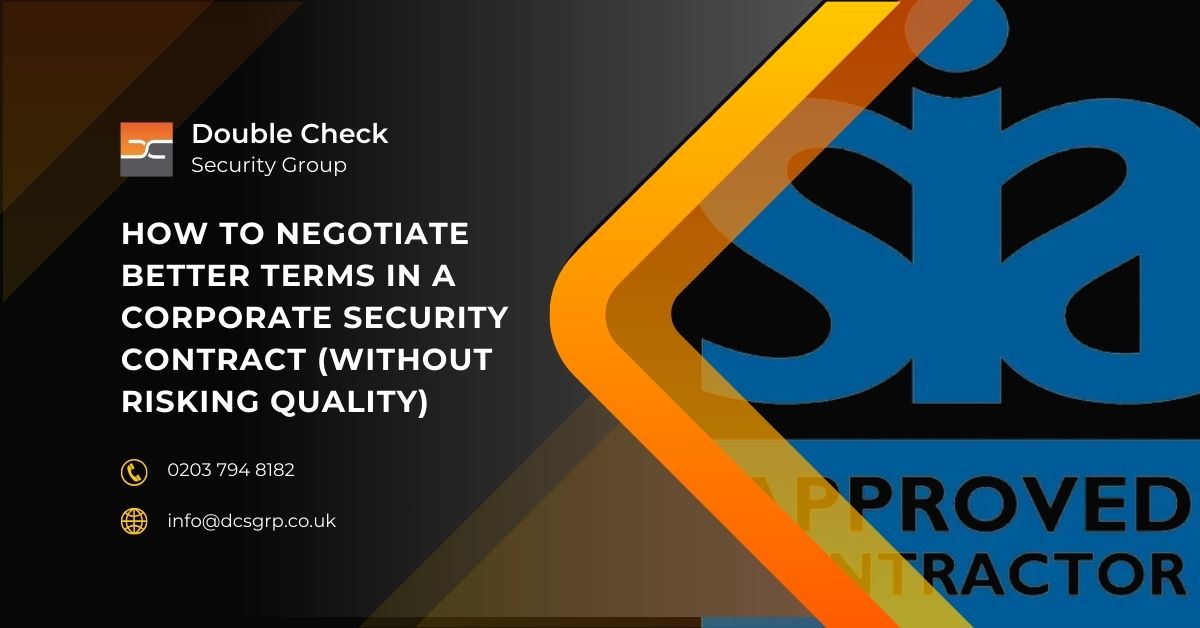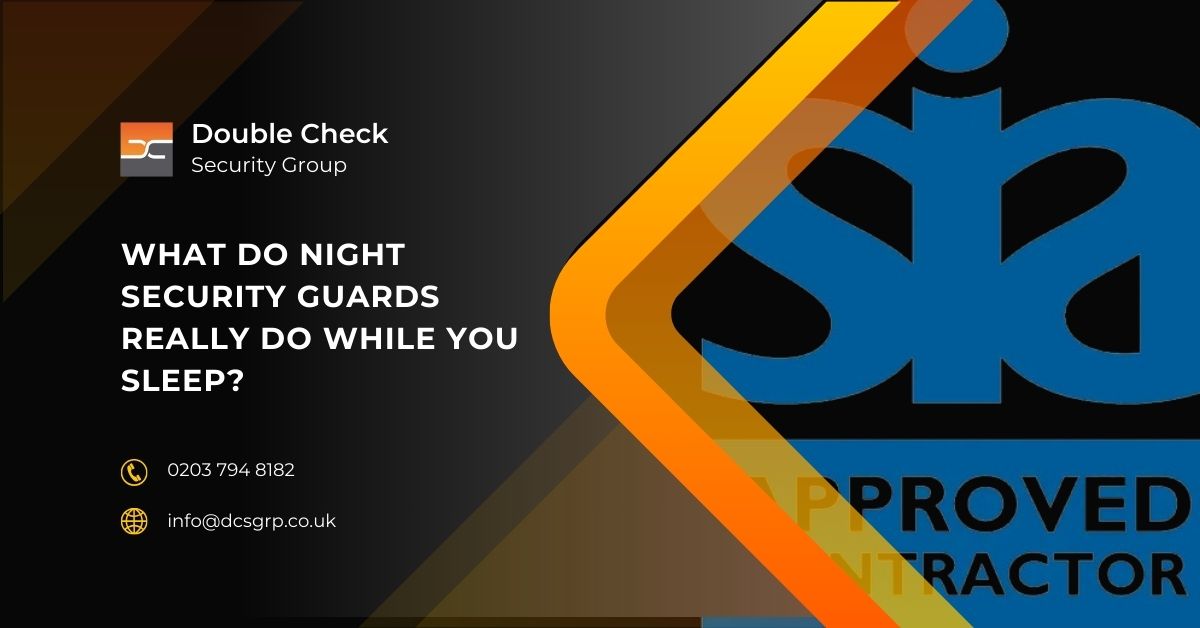Why are unsecured vacant properties such a serious risk?
Empty properties quickly attract trouble. With no regular presence on site, they become easy targets for copper thieves, fly tipping, trespassers and vandalism. A broken window or overgrown garden sends a clear message: no one is watching.
That lack of control invites damage and creates a chain reaction. Insurance risks go up. Neighbours may complain. Councils can take legal steps. Owners often feel overwhelmed and out of pocket.
Local councils may issue nuisance notices. Emergency callouts might increase. Over time, property degradation sets in. All of it can be avoided with the right vacant property protection UK providers.
1. Why unsecured vacant properties are a magnet for trouble
Empty buildings that appear ignored often catch the attention of the wrong people. No patrols, working lights or alarm signs make a site more vulnerable to intruders.
Police forces across the UK report a direct link between unattended properties and opportunistic crime. Signs like graffiti, dumped rubbish or smashed windows usually mean the site is already being targeted.
Authorities and industry bodies urge owners to take early action. Mobile patrols or even clear signage can send a message that the property is watched. That makes a difference when it comes to unauthorised entry prevention.
2. The real risks of empty sites: theft, squatters and fire damage
Vacant buildings face more than just broken windows:
-
Copper and cabling often get stolen
-
Squatters sometimes start fires with unsafe heaters
-
Graffiti, vandalism and dumped rubbish are common
-
Burst pipes can cause serious water damage
-
Some properties are illegally occupied
These problems lead to big costs and long delays. They may also put you in breach of your insurance policy.
Fires are often caused by damaged wiring or open flames. Squatters may damage plumbing or tamper with electrics. Even a single incident could result in thousands of pounds in damage and empty building liability for the owner.
Pro Tip : Weekly inspection logs can be what insurers look at first after a claim
Guard Your Empty Site Today
From mobile patrols to 24 hour cover, we’ll help secure what matters.
3. Should you use alarms, mobile patrols or static guards?
Every property needs a different solution. That is why alarms, patrols and static security all have their place.

Hybrid security plans are now common. A mix of CCTV, mobile checks and monitored alarms can protect most sites effectively. Make sure the provider you choose holds an SIA licence and offers NSI approved services.
Matching solutions to different property types
Each type of site has different needs:
- Retail units benefit from visible patrols and basic alarms
- Construction sites need full fencing, mobile units and CCTV
- Warehouses often require 24 hour security and monitored response
- Residential buildings may only need regular inspections and signage
Choosing based on your risk level helps keep costs down and protection up.
4. Will your insurance pay out if the building is not secured?
Insurers set clear conditions. To keep your cover valid, you often need:
- Weekly inspection records
- An active alarm system
- A professional keyholder or response plan
Common reasons for claim denial:
- Inspections were missed or undocumented in a void property inspection log
- No working alarm was in place
- Break in was not reported or recorded properly
Even one missed step can cause a problem. Some policies include rules that cancel cover if specific tasks are not done. These are known as condition precedents, meaning they are policy conditions that must be met to stay insured. Speak to your broker to be clear about the terms. Use a SIA approved security contractor to provide proper logs and alarm verification.
5. How to deal with squatters and trespassers legally in the UK
Act fast if someone enters your building:
- Call the police if there is damage or forced entry
- Apply to court for an Interim Possession Order
- Serve the order within 48 hours
- Wait the legal 24 hour period before enforcement
The longer the delay, the more it may cost you. You could face legal fees, missed rent and property repairs. Squatter removal is not automatic. Preventing the issue saves time and money.
Pro Tip : Combining visible deterrents with remote monitoring offers the strongest protection mix..
Book a Site Risk Review
Unsure how exposed your property is? Get a professional review with zero obligation
6. What is the best way to secure your vacant property?
Start with a risk review:
-
Is the area prone to crime?
-
Can the site be accessed easily?
-
Are there any signs of past entry or damage?
For retail units near the high street, patrols and a basic alarm often work. Warehouses in remote areas might need towers, guards and full response coverage.
A firm like Double Check Security Group can help with:
-
Alarm set up and CCTV
-
Scheduled inspections
-
Emergency response and keyholding
-
Remote site surveillance and tailored guard plans
Their services meet insurance conditions and help prevent liability if something goes wrong.

